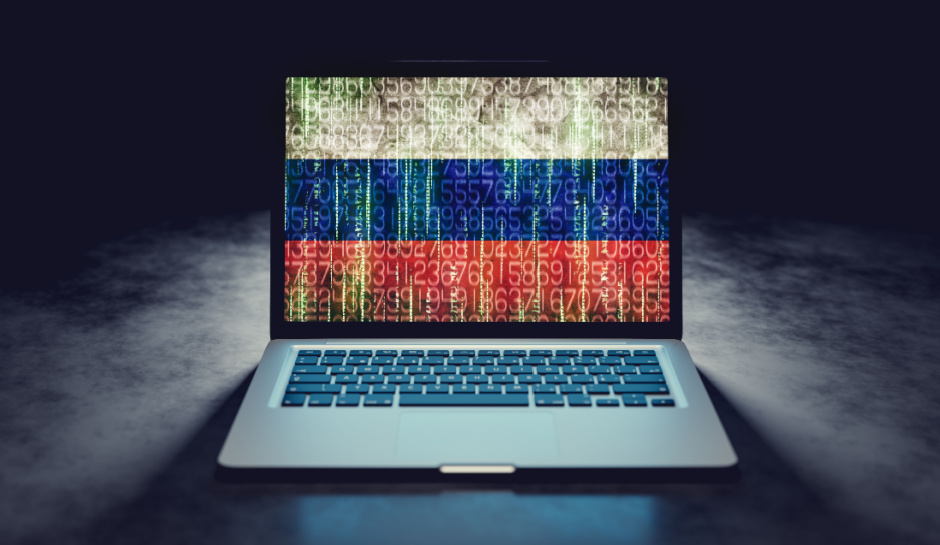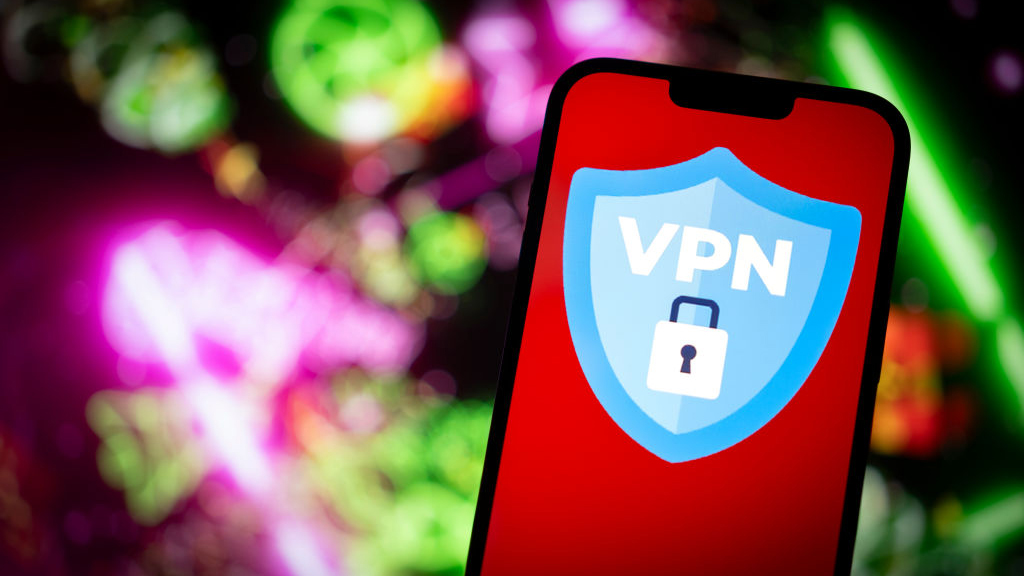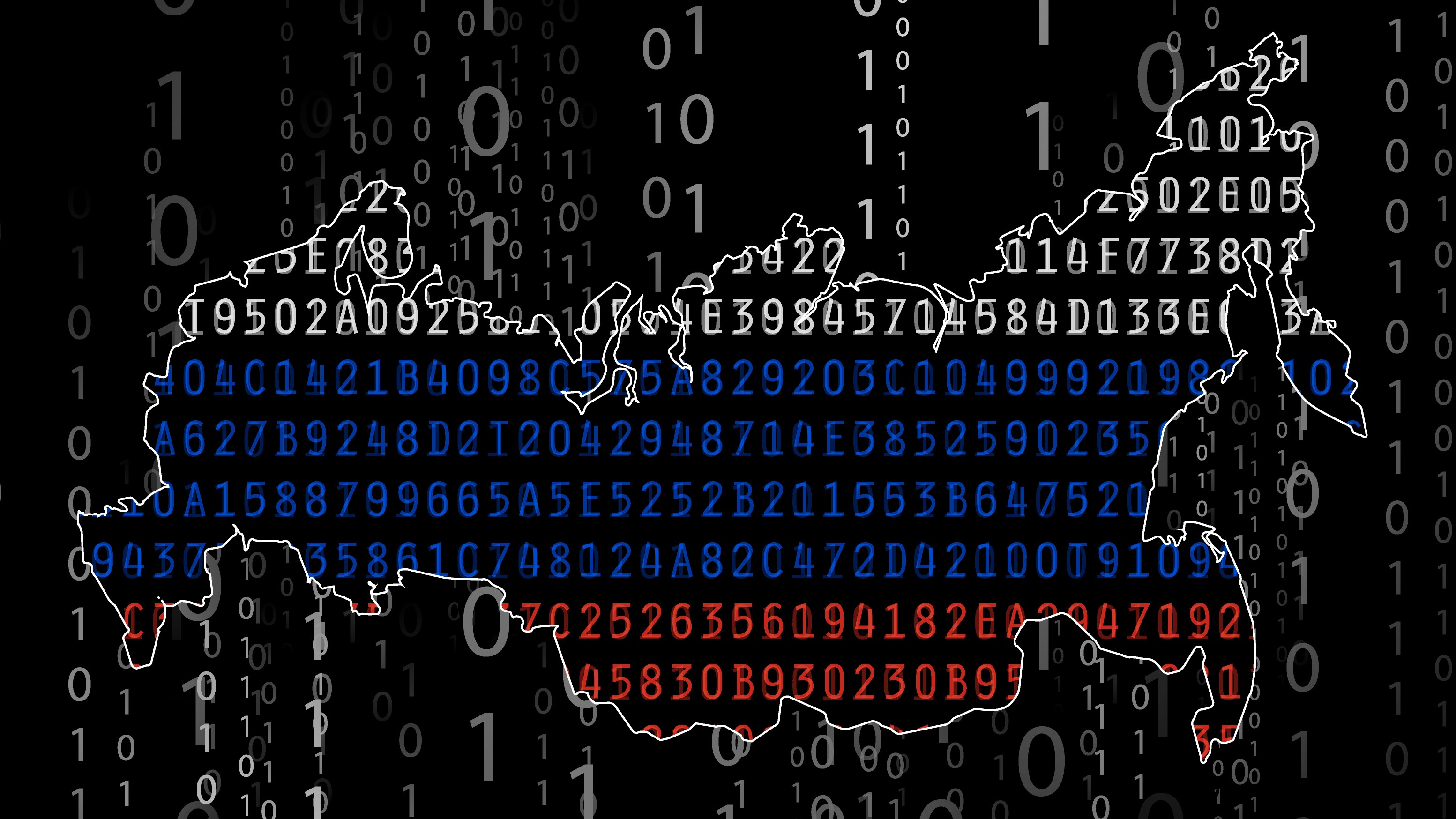"A new chapter in repressive Internet regulation in Russia" – experts explain how Russia's new law will affect VPN users
Using a VPN in Russia can lead to more penalties, but usage isn't completely banned yet

Using a VPN service in Russia is set to become even more complicated – and risky.
On July 22, 2025, lawmakers passed a law against 'extremist' content search, bringing fresh penalties for people accessing illegal content using a virtual private network (VPN). While the new rules don't contain an outright ban on VPN usage, digital rights experts are worried about what could come next.
"I think this is a completely new chapter in repressive Internet regulation in Russia – the beginning of a transition to a model of criminalizing content consumption," the co-founder of Russian digital advocacy group Roskomsvoboda, Sarkis Darbinyan, told TechRadar.
What is Russia's new VPN law about?

Under the new law, authorities seek to target everyone "searching for or accessing knowingly extremist materials," including through VPN services.
The law comes, the Kremlin explained, as an alternative to completely blocking foreign platforms –Interfax reported – and is not supposed to affect ordinary users.
Specifically, the law introduces additional penalties for violating rules on VPN usage. This means that advertising VPN services can now cost individuals between 50,000–80,000 rubles ($640–$1,020). This rises to 80,000–150,000 rubles ($1,020–$1,900) for officials, and 200,000–500,000 rubles ($2,550–$6,380) for legal entities.
"For now, the fines seem insignificant and unlikely, but I am sure that in the next iteration, they will increase significantly and will be accompanied by additional criminal charges for repeated violations," said Darbinyan.
Moreover, these add to the March 2024 legislation that criminalizes the spread of information about ways to circumvent internet restrictions. This is likely to be the basis that led to a wave of VPN removal orders that have targeted Russian official app stores.
Crucially, lawmakers passed the law to regulate extremist content search and access, alongside another piece of legislation to further target VPN usage.
The latter, Darbinyan explains, amends Russia's Criminal Code by adding the use of VPNs to the aggravating circumstances for punishment for committing any crime.
"It also introduces new articles providing for criminal liability for 'illegal use of a subscriber terminal for traffic passing or a virtual telephone station' as well as for organizing a business for the transfer of mobile numbers or SMS messages for authorization in various online services," he added.
Are VPNs banned in Russia?
No, Russia's new rules around VPN usage don't contain a complete ban, meaning that using a VPN is still legal in Russia for legitimate purposes at the time of writing.
That said, digital rights experts are worried that these new rules could lead to a more restricted digital environment.
While not sure how the law will play out against VPN users, Darbinyan speculates police officers could use it to randomly search citizens' devices. He also expects authorities to use the new rules alongside the "Yarovaya Law," which requires all Russian services to store all user data.

"The law may very soon become a reason for automating traffic monitoring and more widespread fines for users for attempting to access prohibited services, applications, and content," said Darbinyan.
This could ultimately lead to a rise in self-censorship, Darbinyan explains, with more people in Russia likely to become afraid to download and use a VPN even for legal purposes.
Experts also expect it will make the promotion and visibility of VPNs across the Russian market even more complicated. While this could create legal and technological barriers, the best VPN providers already popular in the country shouldn't be affected as much.
Using a VPN in Russia
Despite the new rules around VPNs in Russia, experts still recommend using a reliable service at all times, both to bypass government-imposed blocks and fight back against surveillance by encrypting their online activities.
Commenting on this point, Darbinyan strongly suggests enabling the VPN kill switch function at all times to ensure being protected even when the VPN connection drops.
"Only this will protect your web browsing history from your telecom operator and SORM (the FSB surveillance system)," he added.
That said, authorities are reportedly increasingly blocking VPN protocols. This means that you need to carefully pick your service to be sure this will work.
I then suggest getting multiple VPN apps so you can hop from one to another in case of issues. You can check our list of the best free VPN apps to get only secure freebies.

Completely open-source to allow anyone with the technical knowledge to check out its code, Amnezia VPN is a self-host VPN precisely designed to circumvent strict internet censorship enforced by authoritarian governments.
Amnezia VPN, a Russian service popular for its anti-censorship abilities, also works at the time of writing. That's good news as the provider not only offers a free product, but also the opportunity to use its VPN protocols to build your own VPN.
Commenting on this point, Amnezia VPN's founder, Mazay Banzaev, told Techradar: "As of now, only two options – AmneziaWG and XRay – remain consistently functional in Russia. The services that manage to implement them will have a real advantage in this ongoing fight against censorship."
What's certain, though, is that the Kremlin's war against VPNs will continue.
"In recent years, it’s become clear that even with billion-ruble budgets, Roskomnadzor has failed to seriously disrupt VPN service functionality. But attempts will continue: through technical blocks, legal pressure, and fear tactics aimed at users," said Banzaev.
"As before, we will keep seeking bold solutions, developing our own protocols, bypassing censorship – and supporting everyone in their pursuit of freedom and the right to access information."
You might also like

Chiara is a multimedia journalist committed to covering stories to help promote the rights and denounce the abuses of the digital side of life – wherever cybersecurity, markets, and politics tangle up. She believes an open, uncensored, and private internet is a basic human need and wants to use her knowledge of VPNs to help readers take back control. She writes news, interviews, and analysis on data privacy, online censorship, digital rights, tech policies, and security software, with a special focus on VPNs, for TechRadar and TechRadar Pro. Got a story, tip-off, or something tech-interesting to say? Reach out to chiara.castro@futurenet.com
You must confirm your public display name before commenting
Please logout and then login again, you will then be prompted to enter your display name.